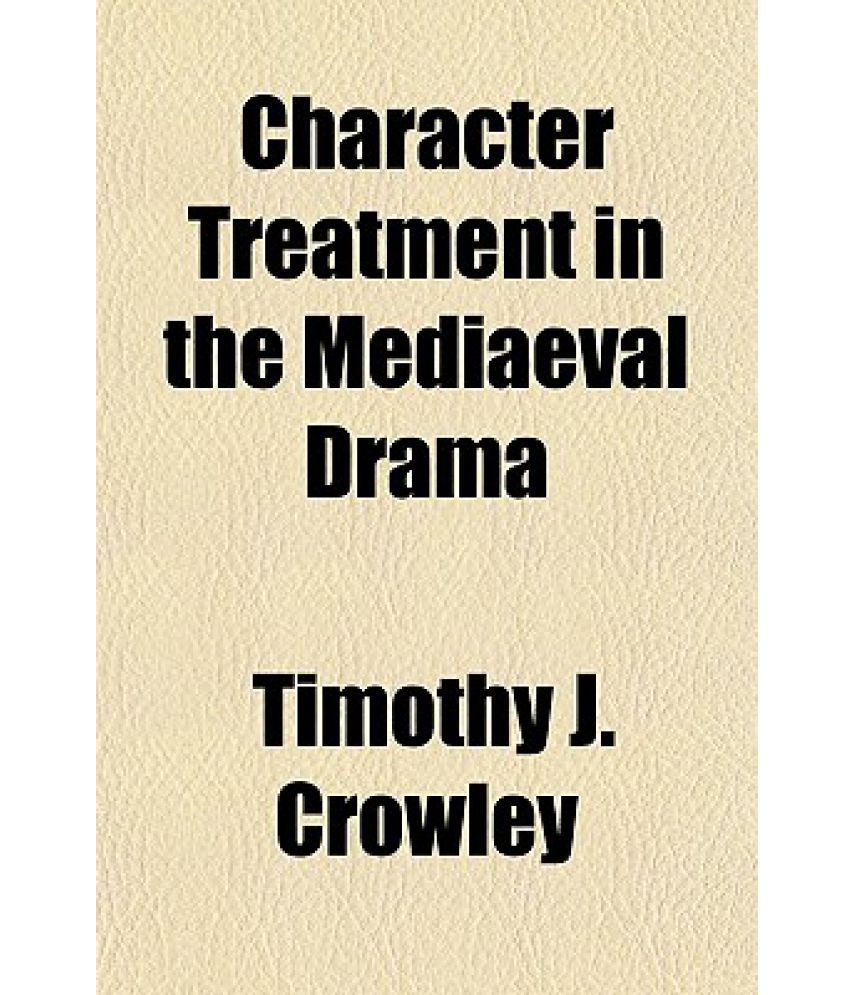Something went wrong. Please refresh the page and try again.
Something went wrong. Please refresh the page and try again.
Notifications can be turned off anytime from settings.
Item(s) Added To cart
Qty.
Something went wrong. Please refresh the page and try again.
Something went wrong. Please refresh the page and try again.
Exchange offer not applicable. New product price is lower than exchange product price
Please check the updated No Cost EMI details on the payment page
Exchange offer is not applicable with this product
Exchange Offer cannot be clubbed with Bajaj Finserv for this product
Product price & seller has been updated as per Bajaj Finserv EMI option
Please apply exchange offer again
Your item has been added to Shortlist.
View AllYour Item has been added to Shopping List
View AllSorry! Character Treatment in the Mediaeval Drama is sold out.


You will be notified when this product will be in stock
Learn More about the Book
This historic book may have numerous typos and missing text. Purchasers can download a free scanned copy of the original book (without typos) from the publisher. Not indexed. Not illustrated. 1907 Excerpt: ...his mission into the wilderness: And nowe men spakis of a swayne, How he sehall come and suffre payne, And with his dede to blisse agayne, Thei (all that have been born) shulde be bought; But cert is this is but a trayne, I trowe it noyt. Jesus seems conscious also that the strife has been renewed. At the end of the play, after blessing those who will "stiffely stande agaynste the fende," he says, "I knawe my tyme is fast command--now will I wende." From this point the interest in the action increases. It centres exclusively in the person of Jesus. Nothing is omitted that would lend additional graciousness and dignity to his role. In the plays immediately following the Temptation, Jesus is triumphant. They are, however, his last triumphs. In the Transfiguration scene the saddening motives that called it forth reveal the character of Jesus and stand in contrast with the moment of bliss vouchsafed the Apostles. Our Saviour's endearing personality is again in contrast In the next play which contains two scenes, the Woman taken in Adultery and the Raising of Lazarus. The Scribes, the lawyers on the case, are horrified at the deed committed (nemyn it noght, for schame), but Jesus is silent and listens to her condemnation. Unhappily the leaf of the manuscript that contained the temptation and His answer is torn away. The reply of Jesus must, we may presume, have been a characteristic paraphrase of His words in St. John (VIII, 1-12), somewhat as they read in the corresponding Coventry play. This scene is only half the play, the prelude in some sort to the Raising of Lazarus. The Apostles were still thanking Jesus for his pity on the guilty woman when the messenger from Bethany arrived. There is a ring of genuine sorrow in the words of Mary and ...
The images represent actual product though color of the image and product may slightly differ.
Register now to get updates on promotions and
coupons. Or Download App